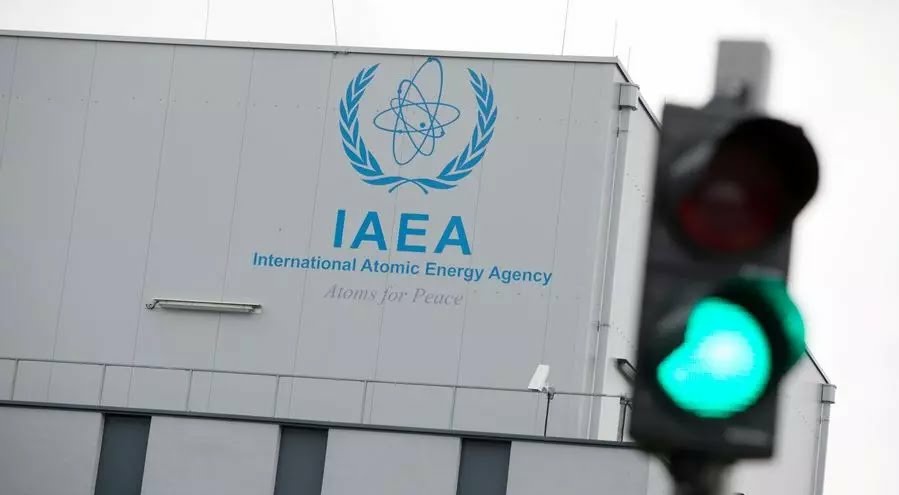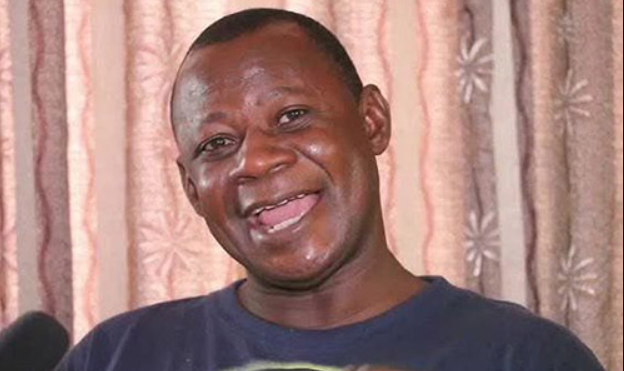While government speeches, announcements, and presentations often seem persuasive, they are frequently influenced by personal interests. I sincerely hope that this year’s independence theme, “All hands on deck for a greater nation,” will be translated into action for a better Nigeria. I wish for the possibility of this theme to become reality—where Nigerians truly unite, regardless of region, religion, ethnicity, or political affiliation, to build a stronger nation.
Nigeria gained independence in 1960. Our country has just marked 65 years of self-rule. Unfortunately, instead of steady progress, we have been experiencing regression—economically, socially, and politically. Anyone familiar with Nigeria before 1960 can attest to how disheartening our current situation has become. Before independence, Nigeria and its people thrived under the colonial government, enjoying a higher standard of living marked by love, compassion, and mutual understanding.
During the years following the departure of the colonial masters, under the leadership of Sir Abubakar Tafawa Balewa, Dr Nnamdi Azikiwe, Sir Ahmadu Bello Sardauna, and others, Nigeria experienced a profound sense of unity among its people, regardless of tribe, region, or religion. Leadership embodied integrity, rooted in accountability and transparency. These outstanding leaders never allowed their differences to overshadow the nation’s interests, demonstrating a commitment to the well-being of their citizens and the security of lives and property.
Education was of high quality and affordable and healthcare was accessible to all. There was no disparity between Lagos and Borno—development and opportunities reached all corners of the country. During that time, issues like naira devaluation, insecurity, and economic instability were nonexistent.
To be frank, today’s leaders are the root cause of the struggles Nigerians face daily. Unlike the era of our founding fathers—when education, healthcare, electricity, and clean drinking water were largely free or affordable—today, Nigerians must pay for even the basics.
Due to the selfishness, greed, and pursuit of personal interests among our leaders, everything has deteriorated. Every region experiences violence: Boko Haram in the Northeast, kidnapping and banditry in the Northwest, farmer–herder clashes in the North Central, IPOB in the Southeast, militancy and unrest in the South-South, and in the Southwest, kidnapping, political thuggery, cultism, and land disputes. The poor are left to struggle for survival, let alone live in peace.
Not content with creating insecurity, these leaders have further ruined our economy for their extravagance, weakened our democratic systems, and instilled hunger and starvation. The result is extreme poverty: children roam the streets in search of daily bread; women and young girls are forced into brothels for survival; security operatives become agents of corruption due to poor pay; teachers provide substandard education; and doctors watch as patients die due to unstable electricity and lack of resources.
In our 65 years of independence, Nigeria and its citizens should not be grappling with such dire problems. Instead, we should be witnessing significant progress across all sectors of national life. Unfortunately, after more than six decades of independence, the reality remains bleak. Rather than celebrating achievements, we continue to struggle with insecurity, poor infrastructure, and a lack of basic services.
Education, healthcare, power supply, and security—pillars of national development—are still far from satisfactory. What Nigerians experience daily is not the fruit of independence but the burden of poor governance, entrenched corruption, and leadership failures that have fueled insecurity and eroded peaceful coexistence. Painfully, despite our so-called independence, the government lacks the capacity, willpower, and strategies to effectively tackle banditry, Boko Haram, kidnapping, and other crimes that terrorise our people.
In truth, there is little cause for celebration. What Nigeria needs is not another Independence Day festivity, but genuine commitment from the government and stakeholders to confront insecurity and deliver sustainable solutions for the welfare of citizens. The funds earmarked for this year’s celebrations would be better spent on strengthening security and providing essential social amenities. That would be a real step toward honoring our independence—not just in words, but in action.
Magama wrote from Magama Toro, Bauchi State and can be reached via: [email protected]






